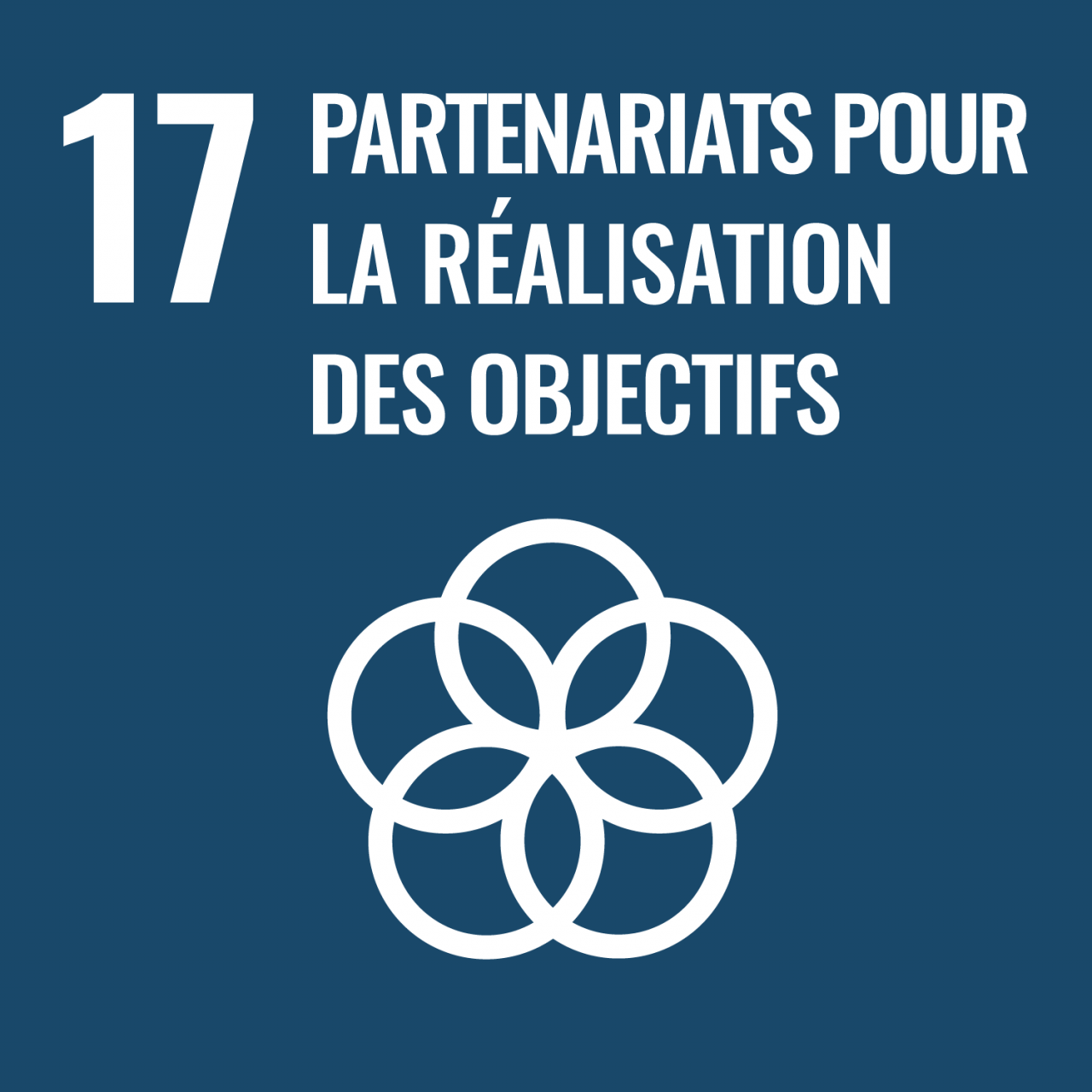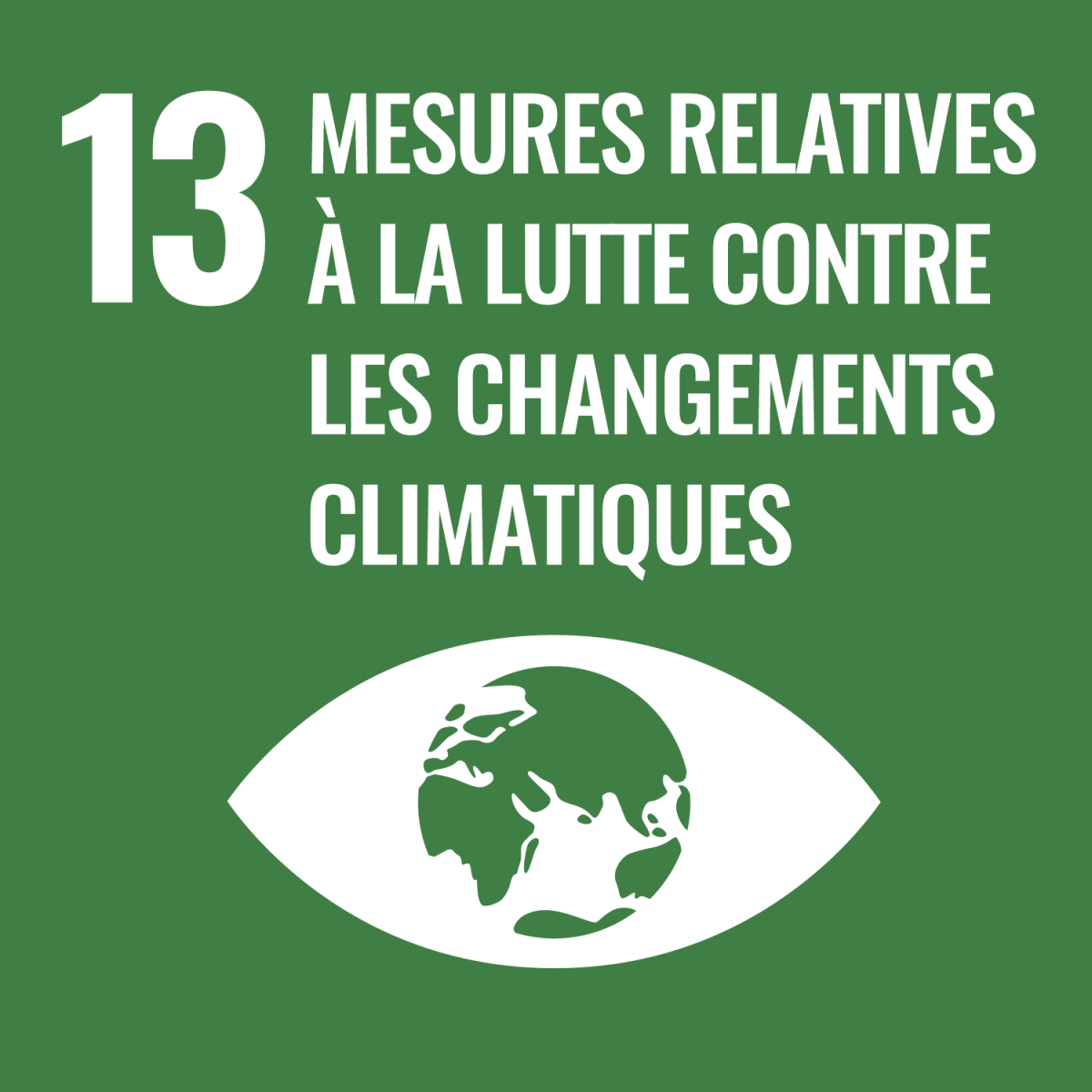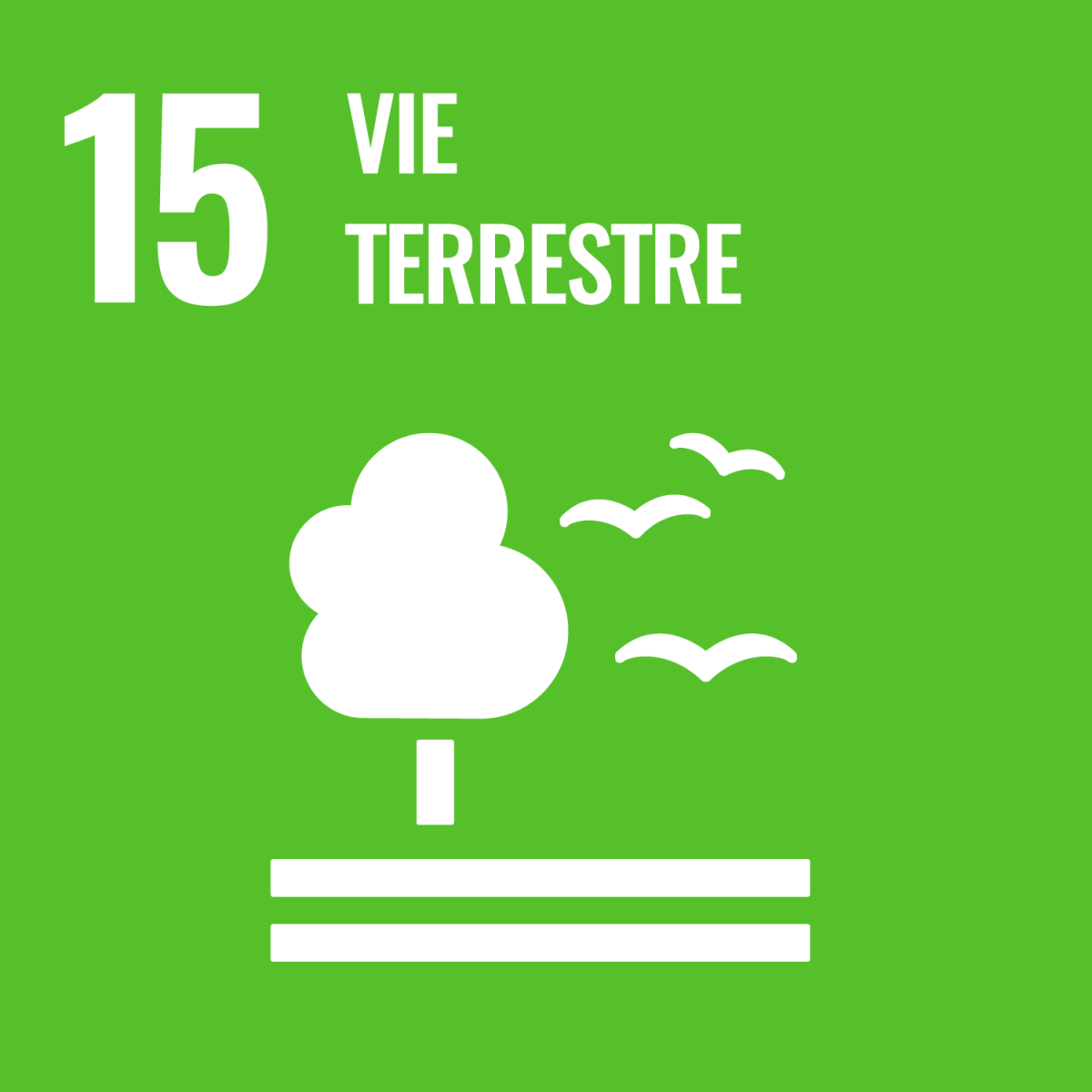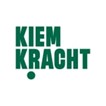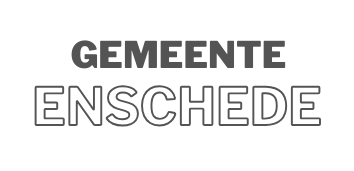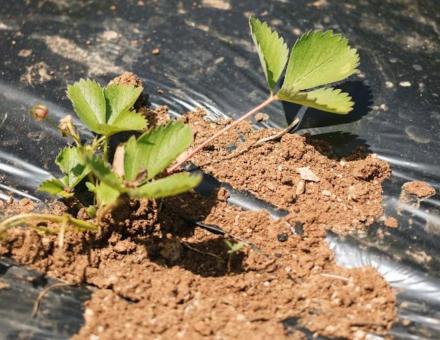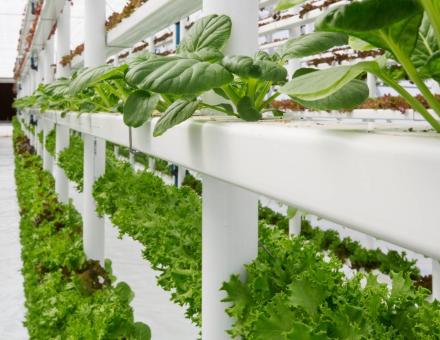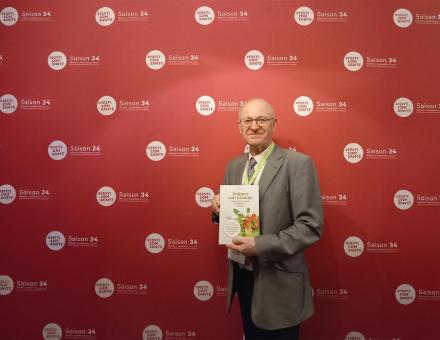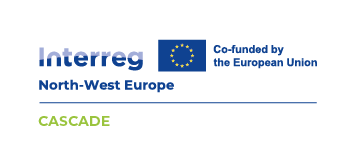 Every year, the North-Western European region wastes an estimated 37 million tonnes of residual biomass, resulting in a potential of over 30 million tonnes of CO2. This is equivalent to 2.5% of the region's total CO2 emissions.
Every year, the North-Western European region wastes an estimated 37 million tonnes of residual biomass, resulting in a potential of over 30 million tonnes of CO2. This is equivalent to 2.5% of the region's total CO2 emissions.
Several previous projects have demonstrated the feasibility of converting this biomass into biochar (a black, solid, high-carbon material produced from a variety of biomass).
This multiple-use valorization would reduce the use of fossil fuels. However, holistic management approaches are lacking for meaningful implementation in the North-West Europe (NWE) region. The NWE CASCADE project therefore aims to introduce proposals for sustainable biomass management in seven regions of North-Western Europe by implementing biomass-based biochar conversion chains and creating scenarios that are applicable and sustainable for other regions.
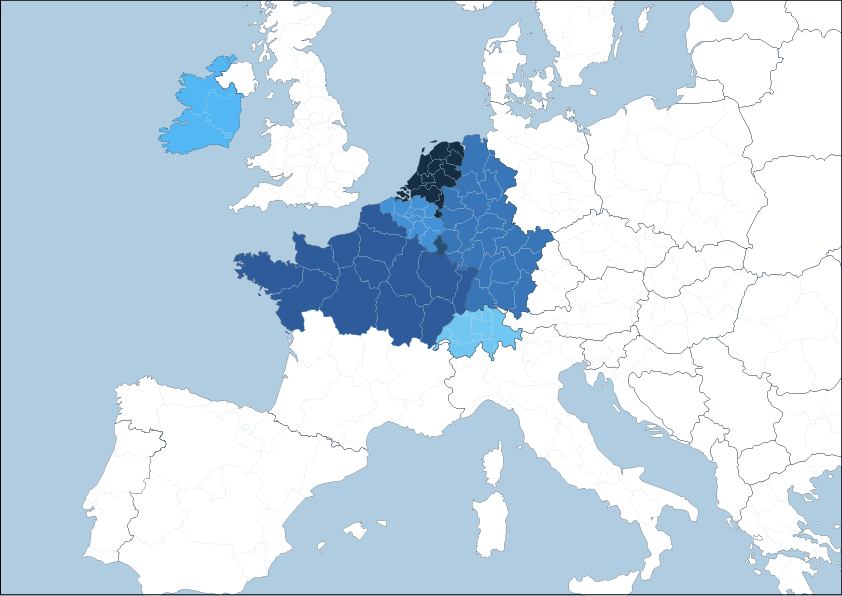
UniLaSalle aims to integrate biochar into stormwater management in Brittany
In Brittany, the project focuses on implementing specific actions to improve stormwater management in urban environments by integrating biochar into the solutions.
These actions aim to promote rainwater infiltration, improve soil permeability and encourage groundwater recharge in line with the concept of a "sponge city".
Another major objective is to rigorously assess the carbon storage potential offered by biochar.
Through this project, Unilasalle and more specifically the Cyclann research unit are engaging in close collaboration with key players in stormwater management in Brittany, notably local authorities and water services.
The main objective is to promote sustainable solutions, with particular emphasis on the integration of biochar to improve the permeability of urban soils.
At the same time, other innovative approaches and practices will be explored to optimize stormwater management.
This initiative, which represents a significant contribution to environmental sustainability, will be made possible by the establishment of a dynamic network of stakeholders.
This network will include various players such as municipal administrations, scientists, the private sector and associations dedicated to stormwater management.
Collaboration between these different entities will promote the effective implementation of the actions planned as part of the project.
By mobilizing and coordinating these stakeholders, UniLaSalle will contribute to the implementation of innovative solutions and encourage best practices for more effective stormwater management in the region.
Cover photo from the Interreg Cascade website
Project-related sustainable development objectives
![]()
![]()
